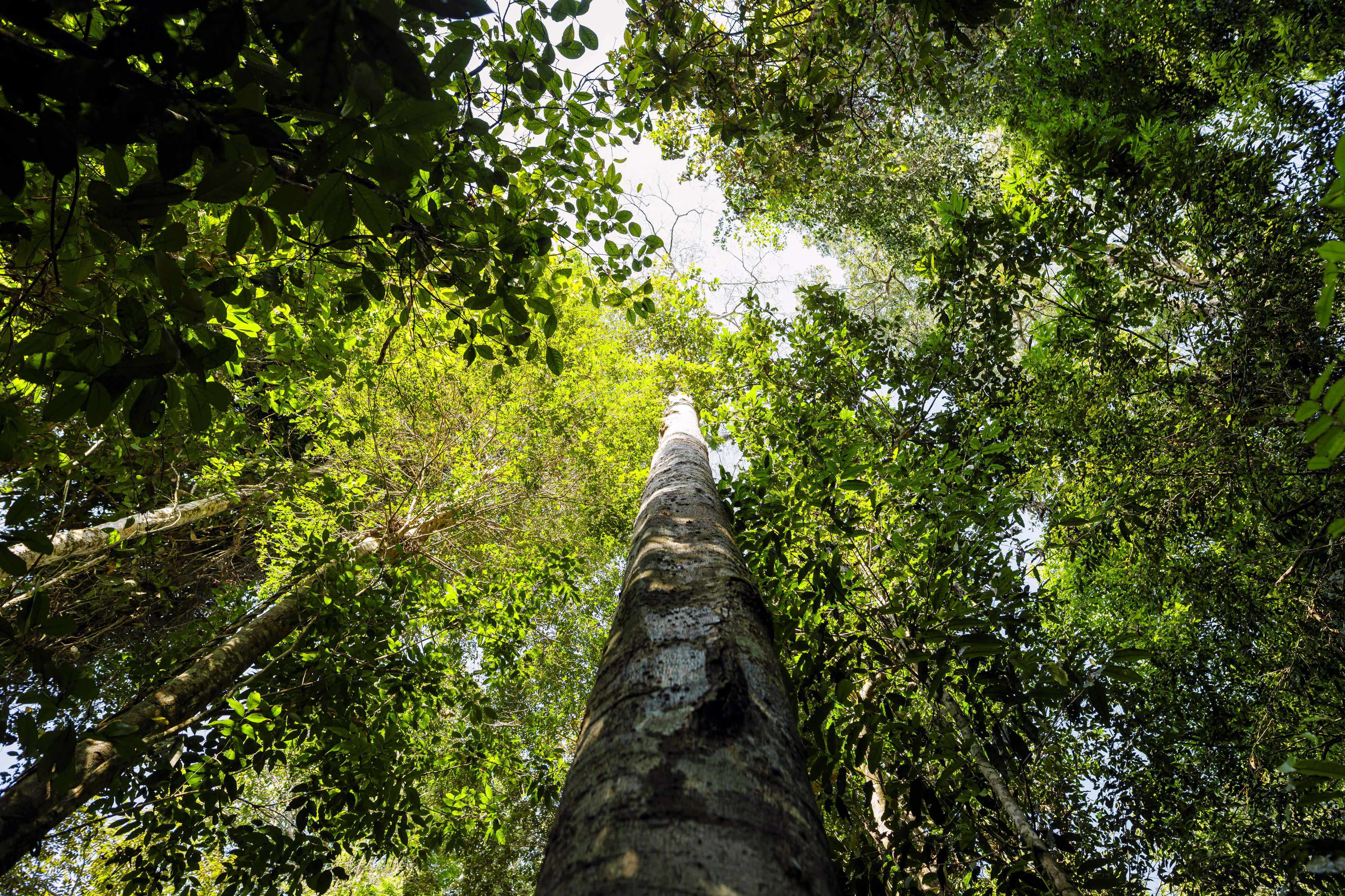Annual Meeting of the Congo Basin Forest Partnership in Libreville, Gabon
Copyright© BMZ
Meeting of the Congo Basin Forest Partnership in Gabon Germany commits 45 million euros for the conservation of the Congo forest
The forest partnership which is aimed at conserving the unique tropical region is celebrating its 20th anniversary. The region is of tremendous importance both as a carbon sink and for biodiversity. The Congo Basin forest is the second largest tropical forest after the Amazon rainforest and it is the largest carbon sink worldwide. Germany is currently chairing the Partnership. This engagement is also a contribution to the global biodiversity conference in December 2022.
State Secretary Jochen Flasbarth says: “The Congo forest is the world's largest tropical forest carbon sink which is currently still absorbing more CO2 than is being released through deforestation. In view of the dramatic environmental crises around the world, this forest is a beacon of hope that we can achieve progress by working together. 20 years into the Congo Basin Forest Partnership, deforestation and soil degradation have gone down in the forests of the Congo Basin. As regards our engagement, it is important to me that the people, too, benefit from the conservation of the forest. Forest conservation is also poverty reduction. We only promote projects that address nature conservation, sustainable management and the livelihoods of the local people together.”
The Congo Basin forest covers some 200 million hectares of land and is the world's second-largest tropical forest region. It is home to a great variety of animals and plants, forms a gigantic carbon sink and regulates the water cycle of the entire region.
More than 100 million people live in and from the Congo forest. The conservation and restoration of nature can only be successful if the local communities are involved. Indigenous people and local communities, in particular, depend on natural resources and biodiversity, not least as regards food security. At the same time, these communities contribute valuable knowledge to global nature conservation. Protecting their land rights and usage rights is therefore essential to stop global biodiversity loss.
The Congo Basin Forest Partnership was established in 2002 and now has 122 partners. Alongside the forest-rich Congo Basin neighbouring countries, it involves donor countries, international organisations, research institutions, private sector actors and, in particular, civil society and indigenous organisations. The objective of the cooperation is to intensify and coordinate efforts to sustainably protect and use forest resources in the Congo Basin.
Germany was involved in setting up an additional financing mechanism in 2015, the Central African Forest Initiative (CAFI). CAFI advocates ambitious, national land use reforms and promotes measures ranging from sustainable forestry and improved agricultural practices to reforms aimed at achieving good governance.
At COP26 in Glasgow, the international donor community pledged 1.5 billion US dollars for the period of 2021 to 2025 for the conservation of the Congo Basin forest. Part of Germany's contribution to this pledge is being implemented by CAFI. Germany's new commitment of 45 million euros is now increasing our contribution to CAFI to a total of 250 million euros.
State Secretary Jochen Flasbarth says: “Without an intact natural environment, people are unprotected vis-à-vis the forces of nature. We are seeing that, for instance, in the case of droughts such as the one in the Horn of Africa or in the case of the flood disaster that hit Germany's Ahrtal last summer. The German government is working to make the global biodiversity conference in Montreal in December 2022 a success. The goal must be an ambitious global agreement on worldwide conservation of nature and the restoration of destroyed ecosystems.”

